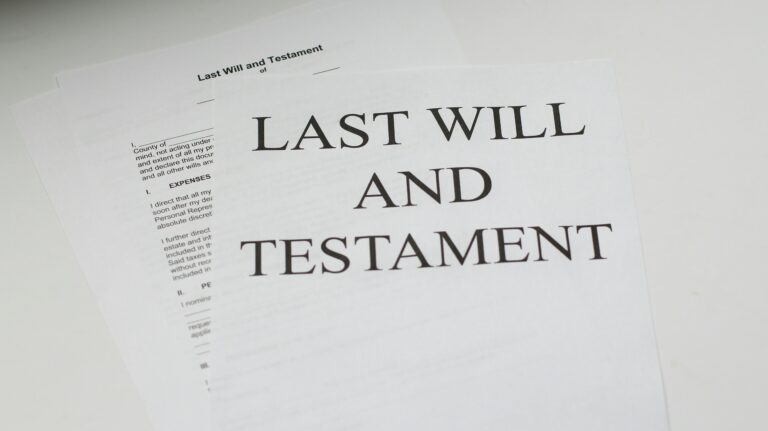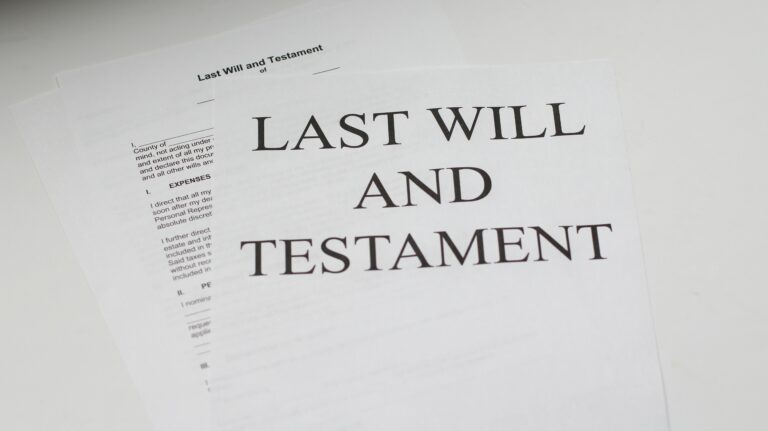
Living Your Best Life Solo? You Still Need an Estate Plan
Whether relying on informal networks of “found” family, trusted friends, or professionals, solo agers must plan for the inevitable aging events. A recent article, “Solo Aging: Planning for Your Best Life,” from The National Law Journal, shares the details.
Most importantly, decisions about health care and end-of-life care need to be documented as part of your estate plan, and a person you trust implicitly needs to be named in the role of your healthcare proxy. You’ll need to make sure they are comfortable in this role and willing to enact your wishes, even if they disagree with them. They will also need to have access to the estate planning documents needed, including a Healthcare Power of Attorney, Living Will, HIPAA Release and any other documents your state may require.
You’ll also want to have a Power of Attorney prepared by an experienced estate planning attorney, naming a primary and a secondary person to manage your financial and legal life if you become incapacitated. If your candidates are around the same age as you, remember they may not be able to act when you need them to, so, if possible, name younger people to serve if they cannot.
Think beyond the basics. Depending upon where you live, you may want to have a POLST (Practitioner Order on Life-Sustaining Treatment) or MOLST (Medical Orders for Life-Sustaining Treatment) to state your wishes regarding life-sustaining treatment. Some people do not wish to have CPR performed on them in the event of a cardiac arrest and have a DNR (Do Not Resuscitate) document.
You’ll want to have a financial care plan to address emergencies. Seniors 65 and older are nearly 70% likely to need some long-term care in the next two or three decades of their life. If you don’t already own a Long-Term Care insurance policy, it’s time to consider whether you can purchase one. These are now often sold as part of a life insurance policy.
A last will and testament is needed to direct the disposition of your possessions after you die. If you don’t have one, your state’s laws will govern who receives your assets. Even if you have a long-standing relationship with a partner or best friend, they have no legal rights to inherit your property. A distant relative may be located by the court and inherit everything you own instead.
A last will is used to name an executor to manage your estate. This person will be responsible for more than distributing your assets. They are also tasked with gathering information about financial accounts, applying for a tax ID number for your estate bank account, gathering assets and placing them into the estate bank account, paying your final taxes, notifying Social Security of your passing, and filing an estate tax return.
Today’s estate plan includes planning for digital assets, so your social media accounts, emails, online photos and videos, gaming, subscriptions, cryptocurrency, and all other digital accounts are managed.
For the solo ager, having an estate plan protects you while you are living and protects your estate after you have passed. It takes some extra steps when compared to the planning done by married people. However, the peace of mind of expressing your wishes is the same, and you deserve this.
Reference: The National Law Journal (Jan. 10, 2025) “Solo Aging: Planning for Your Best Life”









